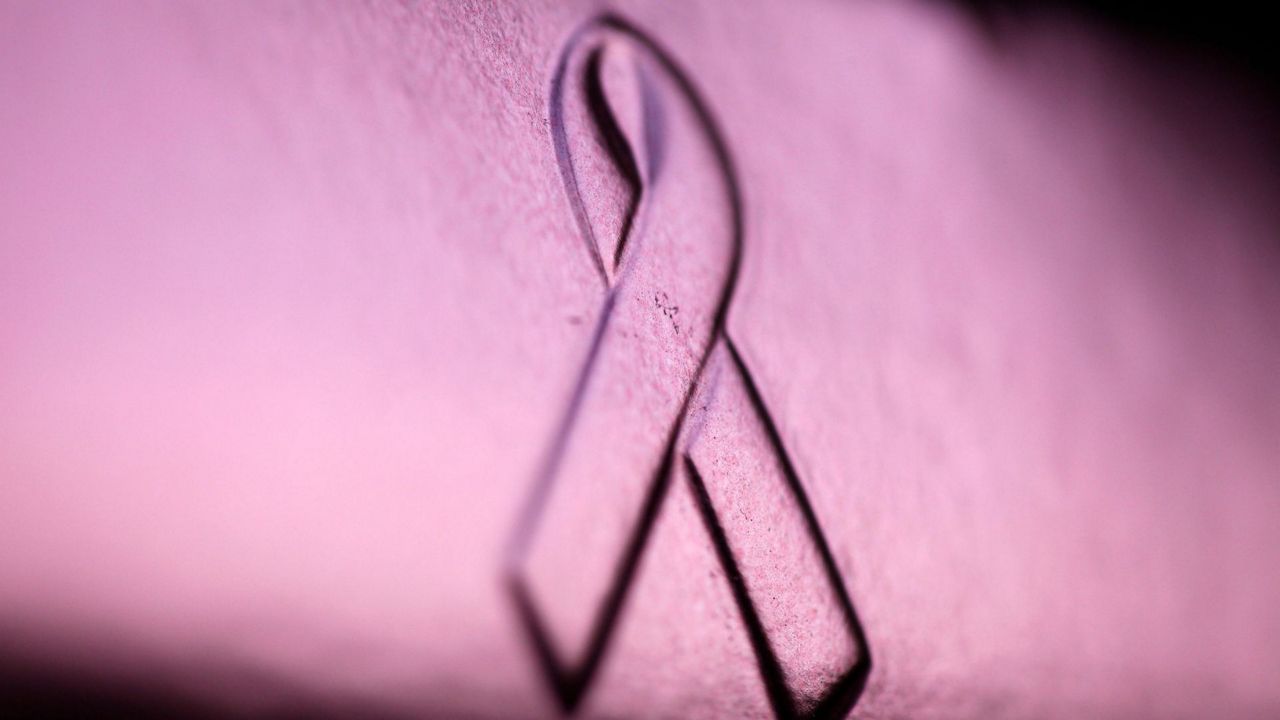Breast cancer has been on Jensen Mortka‘s radar from a young age. When she was 11 years old, her mom, Denise, was diagnosed.
"It was definitely hard, weird as a fourth grader," said Jensen Mortka. "It scars you a little bit. So I've always been pretty conscious of it."
Her mom's two sisters and their five aunts also had breast cancer.
What You Need To Know
- Breast Cancer Awareness Month began this week
- Jensen Mortka is conscious of her increased risk for breast cancer, and raises money for the American Cancer Society through the Capital Region's “Real Men Wear Pink” campaign
- The American Cancer Society recommends women begin screening at age 40 if they’re at an average risk for breast cancer
Denise Mortka beat the disease with a double mastectomy, and 15 years later, she's healthy and cancer-free.
But Jensen Mortka said the fear never goes away, and now that she's an adult herself, she's conscious of her increased risk.
"I have wanted to be tested for a long time for the BRCA gene," said Jensen Mortka. "I know I'm only 26, but it's better to get it out of the way younger. Luckily, both my sister and I and my mom don't have that gene, but we have been told that it's probably a gene that we don't know about yet."
The American Cancer Society recommends women begin screening at age 40 if they’re at an average risk for breast cancer.
But for those with a strong family history, or a genetic mutation known to increase risk of breast cancer — such as a BRCA gene — yearly mammograms should start 10 years sooner and additional tests like breast MRI's are recommended, too.
"I've just seen how it affects my family personally," said Jensen Mortka. "Watching what my mom went through, obviously no one wants to go through having that yourself. So I think just staying on top of it is really important."
Jensen Mortka now raises money for the American Cancer Society through the Capital Region's “Real Men Wear Pink” campaign, and she’s also part of the planning for an event to raise money for a cure on Oct. 19.
"I really do it for my mom," she said. "I want to be sure that if me and my sister have to go through something in the future, that anything can help, any research and donations."
She's hopeful for a future where no other family has to go through what hers has.
"The biggest thing to take away is even with such a scary diagnosis, your mind might instantly go to the worst, thinking you're not going to make it through,” she said. “Just knowing that there are so many resources now with the American Cancer Society, their support groups, there is so many new innovations that is going to get you through it. So just to have hope and not think it's the end all," she said.



